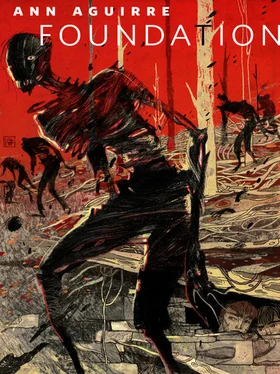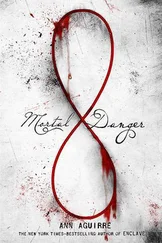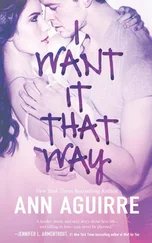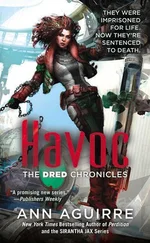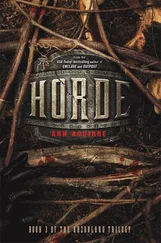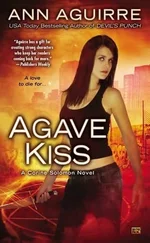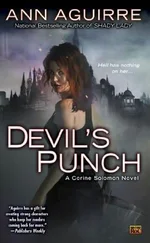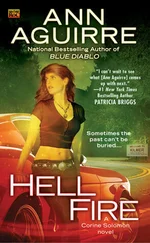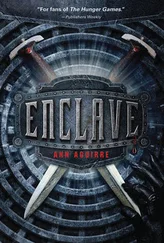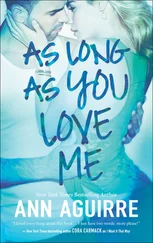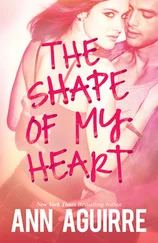I don’t remember how the sun feels.
It’s an abstract concept for me, something I know exists, but doesn’t have the meaning it once did. When we first came down, my mom and dad said it was just for a few weeks, just a precaution. The outbreaks in the city came from some biological agent released in Times Square, I guess, and the news was full of conflicting reports on whether it came from North Korea or Iran. Other sites had other theories, but it was a coordinated strike, targeting cities all over the world.
At the time, I didn’t know why—or even what—was happening. I was thirteen when my parents quietly bought a unit in the bunkers. By that point, the city was bad enough that my mother no longer went out to do the marketing. Instead, she called a service that brought our food, and she didn’t let the courier come into the apartment, either. He left our groceries in the foyer with the doorman, who then scanned to make sure there were no foreign objects in the boxes or suspicious contaminants present.
By this point, I had stopped attending school. I was nine when they declared a state of national emergency and the country went to martial law, trying to contain the damage. Whole sectors of the city were designated hazardous and quarantined accordingly. My dad said the heavily armed soldiers in the streets patrolled to protect me, so I wasn’t to worry about them. They would soon restore order and things would get back to normal. Though I didn’t know it at the time, he was totally wrong.
For us, normal ended on May 5 when the chemicals exploded in Times Square.
The world never recovered.
It’s funny, but when I look back over my childhood, I see a progression of my world getting smaller. At five, I went on a plane with my parents and the whole universe lay open before me. There was a white beach with sand soft as powder and an endless blue ocean; the air was balmy, and it was an island, covered in mountains. I remember asking if this was heaven, and my mother laughed. She said, “It’s not heaven, Robin, but it is paradise.”
There were other wonders on that trip, but I was so young that they’ve begun to fade, colors running together like a painting left out in the rain. I mind this fiercely because it feels like time is stealing what little I have left. After we came home, I went to school, and my world was my teacher and twenty-four other students. Then it narrowed further to my parents and the walls of the apartment with the occasional supervised trip outdoors.
And when I was thirteen, they took away the sun. I argued. I sulked. I tried to convince my parents they were overreacting—we didn’t need to go live underground like rabbits, but they were afraid. The streets teemed with people who had been infected with the Metanoia Virus, and public services couldn’t cope with them all. My parents told me these unfortunates were unable to hold a job; their health and mental abilities had been permanently compromised. In time, they promised, the government would help the sick. I wasn’t sure shooting them or rounding them up in trucks counted as help, but I got used to hearing automatic-weapons fire and the rumble of large engines as I fell asleep.
That morning, the bunker company sent an armed escort to take us from our apartment. We put on special clothing and masks that would allegedly protect us. I rode in an armored vehicle for the first time—and the last—that day. We went into a tall building, down some stairs, and through a heavy, heavy door. My parents signed some documents, and then we took possession of our new home.
“It’s so small,” my mother said.
My father put an arm around her. “We’ll get used to it. We’ll make do. This is just a precaution, just for a little while, until they get things back in order.”
Now, I wonder if he knew, if he suspected.
For the first year, we maintained contact with the outside world. The air we breathed was regulated and filtered, our food was expensive and packaged “like the astronauts eat,” according to my mother. That was supposed to make it more exciting, but I had to force my mine down. Sometimes I wondered what the point of survival was, if this was what we had to do; it seemed there was nothing in the world worth saving.
Then silence fell. Reports stopped coming. I was fourteen years old. My mother spent all day weeping when the news sites went quiet. Another day, she pressed random keys on the terminal, trying to get anyone to respond. And that was when we found the local intercom.
Oh, we had known there were others in units nearby. We had seen the doors when we took possession of our unit, but the manager said it was best we didn’t mingle because opening the hermetic seal on our doors increased the risk of contagion. The company did its best to guarantee a 100 percent contaminant-free atmosphere, but that warranty existed only in our bunker, not in the public areas like the hallway. Which should be safe, but there was no guarantee.
The terminal beeped, and then a voice said, “Hello?”
He sounded young.
My mother lost interest when she realized she hadn’t contacted the authorities for a status update. Someone who sounded like that couldn’t know any more than we did. So she stepped away and I took her place. A few more keystrokes and I had an image on-screen. I had spent most of my time sleeping, drawing, or reading, as I hadn’t been a tech person even before we came down here. In the bunker, I sketched furiously, as if I could keep the world alive by capturing my memories of it.
“Are you inside too?” the boy asked.
I nodded and told him our unit number. “You?”
“I’m in three F. Austin Shelley,” he added, as if I had asked.
“Robin Schiller.” I couldn’t think of a good way to ask this, so I just came out with it. “Have you talked to anyone or heard anything—”
“No. This is the first contact I’ve had with anyone outside our flat in almost a year.”
He had dark brown hair, green eyes, and a thin face with the concentrated pallor of one who hasn’t been outdoors in a while. I’d probably be showing the same lack, if I didn’t have my father’s dark skin. From my mother, I’d gotten hazel eyes and my interest in drawing. I’d never been outdoorsy or sporty, and I was lucky my dad didn’t care about such things too much. Before, he had some idea I might be a doctor like him, but with the way things had changed, I didn’t think much about the future.
Even then, I suspected I might not have one.
“How long have you been here?” I asked.
“Almost a year, since I was fourteen.”
That made him a year older than me. Surprising, how much I liked knowing I wasn’t the only one my age down here. He might understand how alone I felt and how impossible everything seemed. I wanted to chat more, but there was no chance, that day.
“Robin,” my mother said. “Come away. Your father wants to talk to you.”
“Will you call me again?” Austin asked.
“Yes,” I said quickly. I memorized the colors currently lit on the terminal. “Soon, I promise.”
My parents sat me down and explained that it was likely we wouldn’t be going back up. If the world was in such bad shape that the infrastructure had collapsed, they didn’t see us returning. Which meant I had to adjust to the small life we currently knew. Two years ago, I would’ve protested. But I had grown up a bit since then. I understood the limitations, and I only nodded.
Early the next morning while my mom and dad were still asleep, I used the terminal to call Austin. It wasn’t so much that I thought they would mind as the fact that I wanted something of my own. Since we lived in one room, it had gotten harder to remember when I had hours to myself, no one looking at my drawings over my shoulder.
Читать дальше
